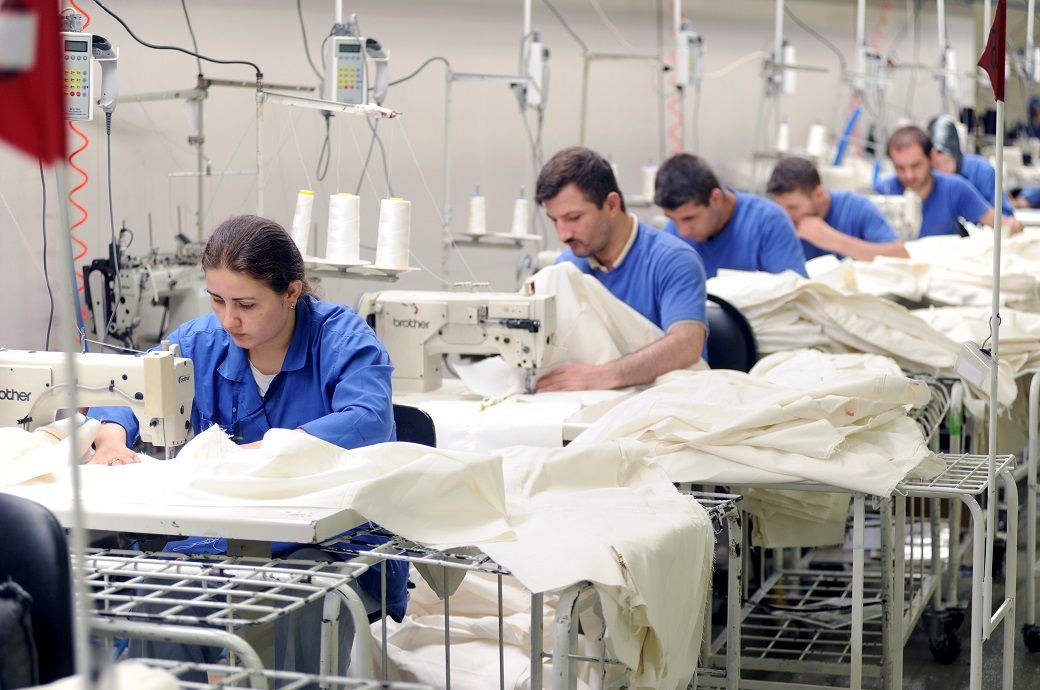
Business associations and support for SMEs can play a crucial role in building alliances and coalitions that can connect positive dimensions, and a shift is needed from the current norm that associations representing the garment and apparel sector are frequently dominated by the interests of big businesses, according to a report tiled ‘Fair Purchasing Practices and Barriers in EU SME Garment Supply Chains’ released by the University of Portsmouth.
Supply chain transparency including with the creation of publicly available factory lists should be made accessible also to workers and unions for wider communication and action.
Human rights protection in corporate supply chains, also known as corporate social responsibility (CSR), must be worker-driven, enforcement-focused, and based on legally binding commitments that assign responsibility for improving working conditions to the global corporations at the top of the supply chain, added the report.
The report, which comprised interviews, surveys, and comparative desk analysis, is a review of UTPs in textile supply chains, and a case study analysis of emerging best practices in terms of companies that are implementing fair and responsible purchasing practices across a range of areas including lead times, payment details, prices, discounts, technical specifications, volumes, and stock management.
ALCHEMPro News Desk (NB)
Receive daily prices and market insights straight to your inbox. Subscribe to AlchemPro Weekly!